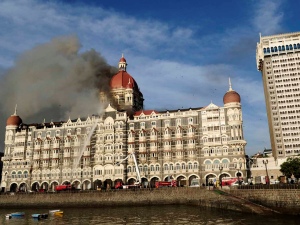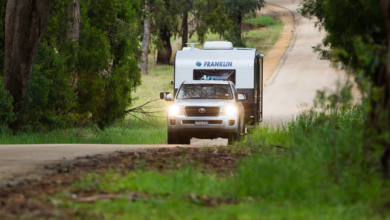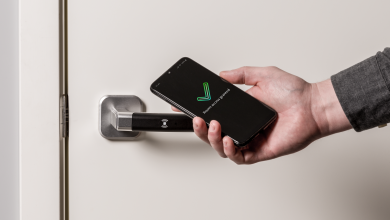
If You See Something, Say Something
The attack by Taliban militants at the lakeside Spozhmai Hotel on the outskirts of Kabul at the end of June ended with at least 23 people left dead – a timely reminder that terrorism itself is not dead.
Certainly Afghanistan is a war zone and such events are more likely to occur there than in an Australian city.
Terrorists are increasingly targeting hotels because of the worldwide attention such attacks receive. It is the fear of accommodation providers worldwide and, in particular where major events are underway – like London’s Olympic Games.
Brenda Durham, VP and assistant general counsel for Marriott International, is someone very knowledgeable in terrorist attacks on hotels and recently spoke at a global congress on legal, safety, & security solutions in travel.
Marriott uses a multi-point crisis management program that is reviewed semi-annually. When a crisis occurs at a Marriott property, security team members are automatically notified via phone and email and immediately hop onto a conference call to discuss the situation. “In Egypt (this spring), things were unfolding so quickly we were on the phone every three hours,” she said.
Brad Bonnell, director of global security at InterContinental Hotels Group, relayed a similar message regarding the attacks in Mumbai in November 2008. Communication is vital, he agreed. “Throughout Mumbai, we were burning up the telephone lines and text messages,” he said.
Preparedness should extend beyond a company’s executives, said Tom Whitlatch of Hospitality Risk Controls. Housekeepers, those employees who spend a considerable amount of time in hotel hallways and guestrooms, need to be trained to keep an eye out for suspicious behavior. Housekeepers, he said, should not be afraid to challenge people they see in hallways to show room keys.
“We have to train them and get them to understand it’s OK to do that,” Mr Whitlatch said. Housekeepers need to keep their eyes open for suspicious activity in guestrooms, too, Ms Durham said.
“It’s the housekeeper who might go into the room who might notice something unusual about a piece of equipment or luggage sitting on the bed,” she said.
The presenters agreed that having a plan in place should be priority number 1 for hotels.
“It’s not suggested, it’s not recommended, it’s an established set of standards,” Ms Durham said.
Anticipating risk in the accommodation security field is an imprecise art—one that’s grown increasingly difficult with the introduction of new technologies, regulations and global threats. Even though security professionals and tourist agencies have quelled fears so successfully that travellers are less sensitive to potential threats, anti-terrorism efforts still face an emerging risk from complacency.
Start up your own “If you see something, say something” campaign among your staff. The more eyes you have open to a security threat, the more chance you have of combating it.

AccomNews is not affiliated with any government agency, body or political party. We are an independently owned, family-operated magazine.






